From Keywords to Intent: How Search Behavior is Changing in 2025
The Evolution of SEO: From Keywords to Intent
For years, SEO has been heavily focused on keyword optimization. Marketers and content creators meticulously researched and placed keywords to rank higher in search engine results. However, as Google and other search engines evolve, the focus has shifted from exact-match keywords to understanding user intent—what people actually mean when they search.
This transition is driven by advancements in artificial intelligence (AI), machine learning, and natural language processing (NLP). Search engines are now more sophisticated in interpreting search queries, delivering results that align with the context and intent rather than just matching words. This means businesses need to rethink their SEO strategies to stay ahead in the ever-changing digital landscape.
What is Search Intent?
Search intent, also known as user intent, refers to the underlying goal a person has when conducting a search. Search engines now prioritize content that satisfies user intent rather than just matching keywords. Understanding search intent is crucial because Google’s algorithms, like BERT and MUM, are designed to comprehend user queries on a deeper level.
The four main types of search intent are:
1. Informational Intent
Users are looking for knowledge, answers, or explanations. These searches often start with terms like "how to," "what is," "why," and "guide."
Examples:
- "What is search intent in SEO?"
- "How does Google rank websites?"
- "Best strategies for content marketing in 2025"
2. Navigational Intent
Users are searching for a specific website, brand, or product. These searches typically involve direct brand queries.
Examples:
- "Google Search Console login"
- "Ahrefs vs SEMrush"
- "HubSpot blog SEO tips"
3. Transactional Intent
Users are ready to take action, such as making a purchase, signing up for a service, or downloading something.
Examples:
- "Buy SEO tools online"
- "Best SEO agency for startups"
- "Download keyword research template"
4. Commercial Investigation Intent
Users are researching products, services, or solutions before making a purchase decision. These searches often involve comparisons or reviews.
Examples:
- "Best SEO tools for small businesses"
- "Ahrefs vs Moz: Which is better?"
- "SEO agency pricing in 2025"
Why is Search Intent More Important than Keywords in 2025?
The shift from keywords to search intent is one of the most significant changes in SEO. Search engines are now prioritizing context, relevance, and user behavior over mere keyword density. Here’s why:
1. Google’s AI is Smarter
Algorithms like BERT (Bidirectional Encoder Representations from Transformers) and MUM (Multitask Unified Model) allow Google to understand the nuances of language, meaning searches are interpreted more contextually than ever before.
2. User Experience Matters More
Google considers dwell time, bounce rates, and engagement levels as ranking factors. If users click on a result but leave quickly, it signals that the content isn’t meeting their intent.
3. Voice Search and Conversational Queries
With the rise of voice search and AI chatbots, search queries are becoming more conversational. This means content should focus on answering questions naturally rather than just inserting exact-match keywords.
4. Zero-Click Searches are increasing
More users find answers directly on the SERP (Search Engine Results Page) through featured snippets, knowledge panels, and People Also Ask (PAA) sections. Optimizing for these elements is crucial for visibility.
How to Optimize for Search Intent in 2025
1. Analyze Search Intent before Creating Content
- Use Google Search Console, Ahrefs, or SEMrush to analyze which queries bring traffic to your site.
- Study SERP results for your target keywords to determine user intent.
- Create content that aligns with the dominant search intent for each query.
2. Match Content Format to Search Intent
- If users seek definitions or explanations, create blog posts, guides, or videos.
- If users compare products, provide detailed reviews, comparisons, and case studies.
- If the search is transactional, optimize product pages and landing pages.
3. Enhance UX and Content Structure
- Use clear, scanable headings (H1, H2, H3).
- Add bulleted lists, images, and infographics to improve readability.
- Ensure fast loading times and mobile-friendly layouts.
4. Leverage AI & NLP for Intent Optimization
- Use AI-powered content tools like Jasper, ChatGPT, and Clearscope to optimize content for natural language processing.
- Write content that reads naturally rather than just repeating keywords.
- Implement semantic SEO by including related terms and phrases.
5. Optimize for Featured Snippets & Zero-Click Searches
- Use structured data markup (Schema.org) to help search engines understand your content.
- Answer commonly searched questions in a concise, direct format to increase chances of ranking in featured snippets.
- Include FAQ sections that address common queries.
6. Improve Internal Linking & Content Clusters
- Group content into topic clusters with pillar pages and supporting articles.
- Use internal linking to guide users towards related content based on their intent.
- Example: A pillar page on "SEO in 2025" can link to subtopics like "Voice Search Optimization," "AI in SEO," and "Content Strategies."
The Future of Search Intent and SEO in 2025
As search engines become more sophisticated, understanding and addressing user intent will be the defining factor in SEO success. Here’s what to expect:
1. AI-Driven Content Will Dominate
Search engines will increasingly rely on AI-generated summaries and personalized search results. Businesses need to focus on providing unique value rather than generic content.
2. User Experience (UX) & Engagement Metrics Will Play a Bigger Role
- Google will continue prioritizing websites that deliver high engagement, low bounce rates, and valuable content.
- The focus will shift towards interactive content, videos, and immersive experiences.
3. E-E-A-T (Experience, Expertise, Authoritativeness, Trustworthiness) Will Be Crucial
- Google will continue to reward expert-driven, well-researched content.
- Businesses should highlight author credentials, case studies, and verified data.
Conclusion: Adapting to SEO’s Evolution
Search behavior in 2025 is no longer just about keywords—it’s about delivering relevant, high-quality content that truly meets user intent. By focusing on context, UX, and AI-driven optimizations, businesses can stay ahead in the SEO game. To successfully navigate this shift, marketers and SEO professionals must embrace continuous learning and adaptability. Conducting regular audience research, monitoring algorithm changes, and leveraging real-time data analytics will be key to maintaining search visibility. Additionally, prioritizing E-E-A-T (Experience, Expertise, Authoritativeness, and Trustworthiness) will help businesses build credibility in their respective niches. Furthermore, the integration of AI and machine learning into search algorithms means that SEO will become more dynamic than ever before. Brands that invest in AI-driven content strategies, predictive analytics, and personalized search experiences will have a competitive edge. Video, voice search, and conversational AI will also continue to shape user expectations, requiring businesses to expand their content formats beyond traditional blog posts. Ultimately, SEO in 2025 is about delivering the right content at the right time in the right format. Companies that prioritize intent-driven strategies, optimize for evolving search behaviors, and provide seamless user experiences will be the ones that thrive in the digital landscape. Now is the time to refine your approach and align with the future of search.





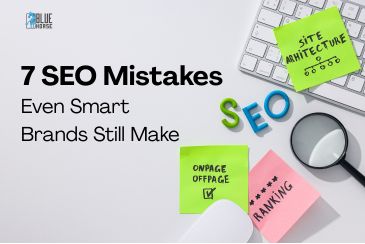
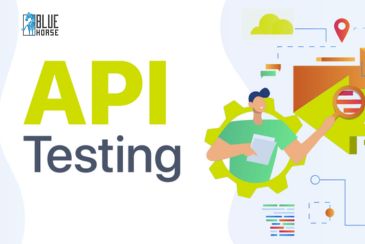
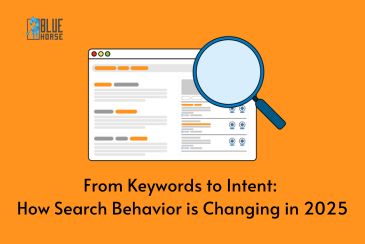
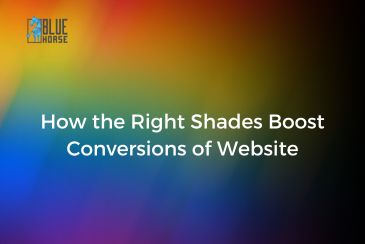
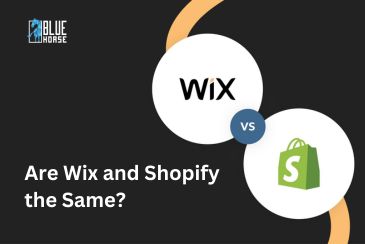


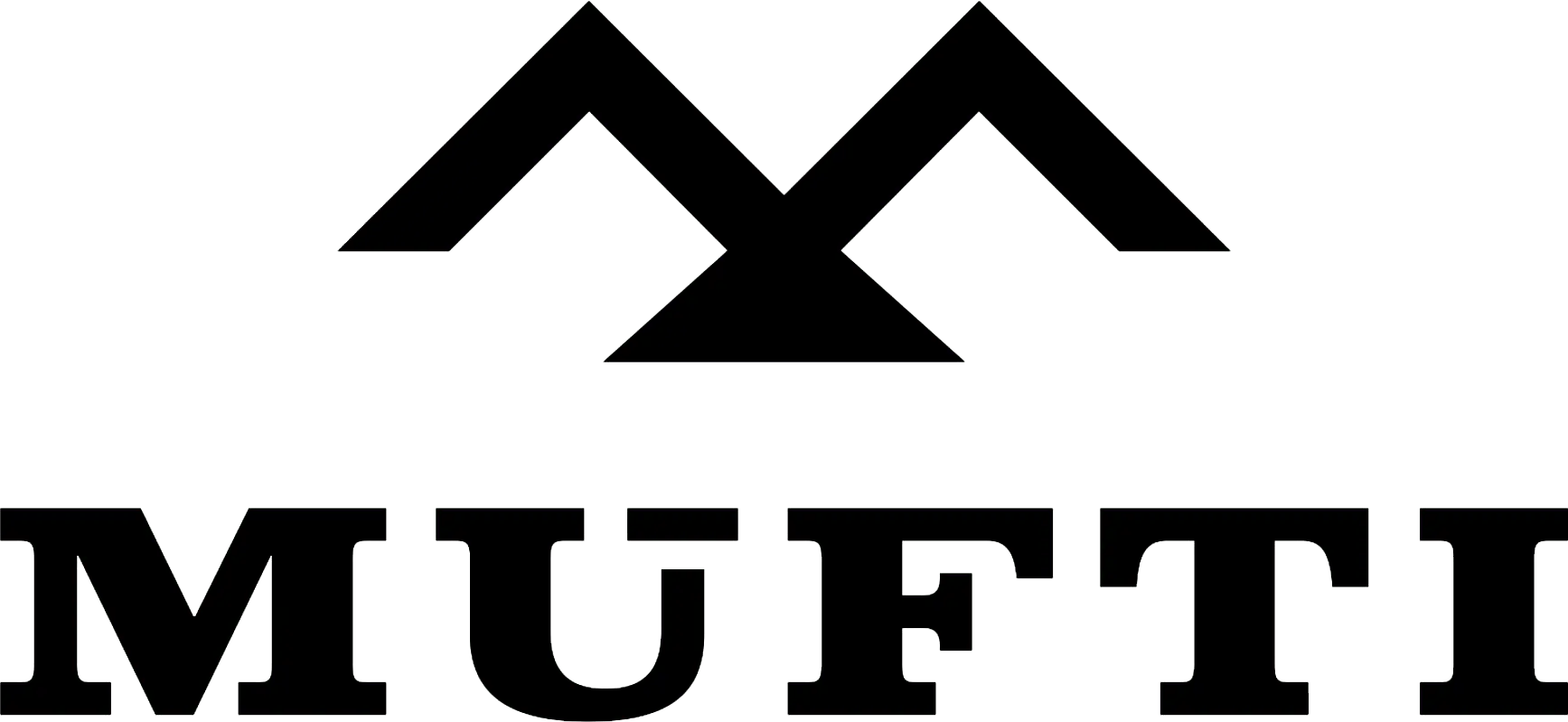








Comments